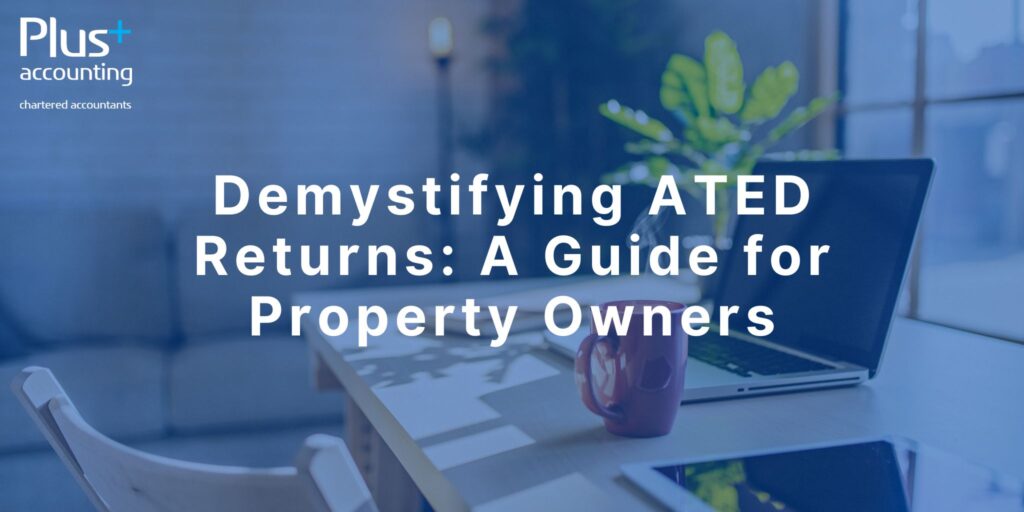Navigating the complexities of property ownership in the UK, one key aspect demands our attention: Annual Tax on Enveloped Dwellings (ATED) returns. These returns, designed to ensure tax compliance, are obligatory for both UK-based and overseas companies possessing residential properties in the UK. We will explore the essentials of ATED returns, covering who needs to file them, the submission process, associated charges, available reliefs, and submission deadlines.
Who Must File ATED Returns?
Understanding the scope of ATED returns is paramount. Companies owning UK residential properties valued at £500,000 or more as of 1 April 2022 are obligated to file ATED returns. Notably, ATED pertains exclusively to corporate entities and doesn’t apply to individual property owners.
Certain properties, including hotels, hospitals, and military accommodations, are exempt from ATED. However, compliance is mandatory for properties meeting the specified criteria.
Understanding ATED Charges and Reliefs
Financial aspects of ATED returns involve comprehending associated charges and potential reliefs. Charges for the 2024/25 period are structured based on property values, ranging from £500,000 to over £20,000,000. However, various reliefs are available, potentially reducing or nullifying tax liabilities. These reliefs encompass scenarios like commercial letting, property development, and social housing provision.
Submission Deadline and Compliance
Compliance with ATED regulations is time-sensitive, with the submission deadline for the 2024/25 return set for 30 April 2024. Penalties for late submission, including an automatic £100 penalty, emphasise the importance of adhering to deadlines. Each residential property owned by a company must be evaluated separately to determine the necessity of filing.
In summary, ATED returns are instrumental in ensuring tax compliance for companies holding residential properties in the UK. By grasping filing criteria, charges, available reliefs, and submission deadlines, companies can navigate the process confidently. Proactive engagement, diligent review, and timely submission are pivotal in fulfilling ATED obligations effectively.
For queries or further clarification regarding ATED returns, please reach out to our tax team who will be able to help you with this process.
Author: Louise Berry, Tax Manager
Any views or opinions represented in this blog are personal, belong solely to the blog owner, and do not represent those of Plus Accounting. All content provided on this blog is for informational purposes only. The owner of this blog makes no representations as to the accuracy or completeness of any information on this site or found by following any link on this site. Please note that AI has been utilised in generating content for this blog.
Date published: 03 April 2024



